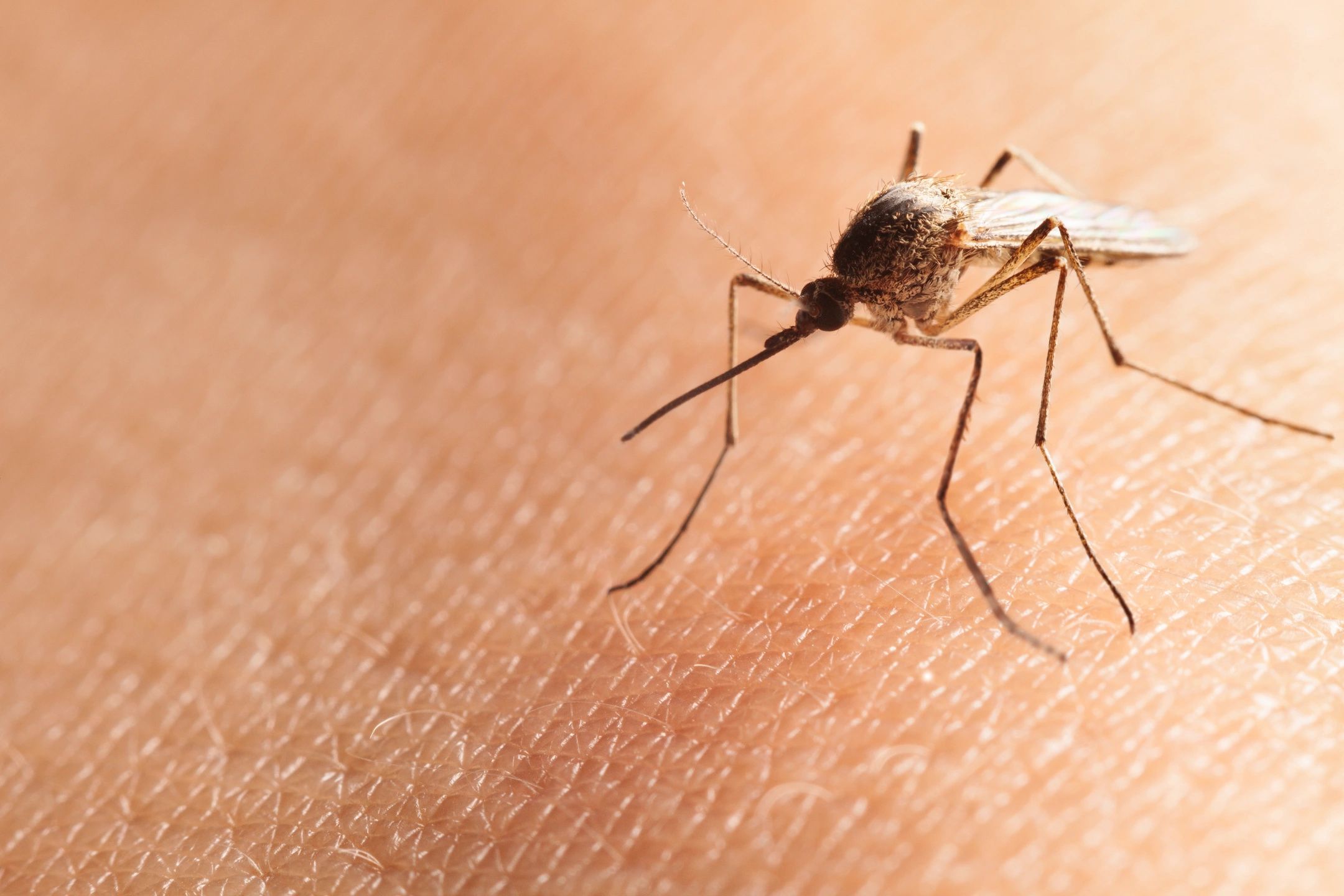
Summary: Though the risk remains low, be vigilant for possible cases of malaria and act urgently to diagnose and treat.
An East Pierce County woman who has not traveled recently was diagnosed with malaria Aug. 2.
Tacoma-Pierce County Health Department is working with Washington State Department of Health (DOH) and Centers for Disease Control and Prevention (CDC) to investigate potential sources of infection. It is possible she was recently infected with malaria in Washington. If confirmed, this would be the first known locally acquired case of malaria in Washington.
Malaria is a medical emergency. Prompt diagnosis and appropriate treatment can prevent severe disease and death and helps reduce the risk of ongoing local transmission.
Background
Malaria is transmitted through the bite of an infected mosquito. Clinical symptoms of malaria are non-specific and include fever, chills, headache, myalgias, and fatigue. Patients with malaria can also present with nausea, vomiting, and diarrhea. Laboratory abnormalities can include:
- Anemia.
- Thrombocytopenia.
- Hyperbilirubinemia.
- Elevated transaminases.
Symptoms usually begin 7-30 days after infection.
Requested actions for clinicians
- Routinely obtain a travel history during patient intake. Consider malaria and perform diagnostic testing for febrile people who have traveled to a malaria-endemic country in the last weeks to months preceding symptom onset.
- Consider malaria in a person with a fever and no other identified etiology of fever regardless of international travel history, particularly if they have spent time in east Pierce County and report mosquito bites or are living unhoused, or if they have lab abnormalities consistent with malaria.
- Thick and thin blood smears are the gold standard for diagnosis. The use of BinaxNOW Malaria Rapid Diagnostic Test (RDT) can shorten time to treatment. You must collect it concurrently with a blood smear for microscopic evaluation.
- If you suspect malaria but cannot test, refer or transfer the patient immediately to a facility that can promptly perform these tests.
- When a blood smear or RDT is positive:
- Consult with an infectious disease specialist.
- Start treatment immediately.
- Consider hospitalization.
- Treatment recommendations for malaria vary by species and severity. If the species is unknown or the patient has severe infection, treat for P. falciparum malaria. Do not wait for species confirmation to start treatment. Refer to Clinical Guidance: Malaria Diagnosis & Treatment in the U.S. (CDC).
- CDC malaria clinicians are on call 24/7 to provide advice to healthcare providers. After an urgent infectious disease consultation, you can consult with them if you have questions about diagnosis and treatment.
- Suspected locally acquired malaria is a public health emergency. Report it to the Provider Resources WA immediately using the contact information at the end of this notification .
Recommendations for hospitals and laboratories
- Have malaria diagnostic tests available (blood smear or BinaxNOW RDT followed by blood smear) and ensure staff who can perform and interpret them are always available.
- If malaria testing is not readily available, refer or transfer the patient immediately to a facility that can promptly perform these tests.
- CDC has information on how to acquire IV Artesunate in the U.S. Either stock it or have an emergency-procurement plan in place.
- Stock artemether-lumefantrine (Coartem), the first-line drug in the United States for most cases of uncomplicated P. falciparum or unknown malaria species. Atovaquone-proguanil (Malarone) is another recommended option.
- For cases of possible locally acquired malaria, please save the following specimens for submission to the DOH Lab for possible further testing:
- A pre-treatment whole blood sample (purple top, EDTA tube).
- Thin and thick malaria blood smears that are fixed and stained.
CDC Resources
- Malaria overview.
- Malaria 101 for the healthcare provider.
- CDC Yellow Book (travel medicine guidance).
- Malaria management algorithm.
- Preventing mosquito bites.
- Laboratory diagnosis of malaria.
- How to acquire IV Artesunate in the U.S.
Questions and Reporting
Questions?- For urgent issues, call (253) 649-1412.
- For non-urgent issues, call (253) 649-1413 and leave a message.
- Includes reporting notifiable conditions 24 hours a day, 7 days a week.
- Leave the patient’s name, date of birth and disease.
